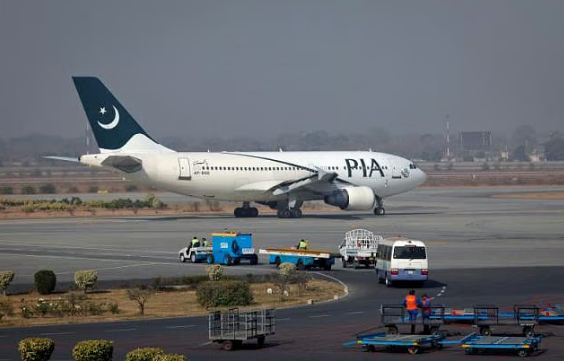In a historic move, top U.S. diplomats traveled to Damascus on Friday to engage with Syria’s new de facto rulers, Hayat Tahrir al-Sham (HTS), marking the first official in-person meeting between Washington and the group since its rise to power.
The delegation, led by Barbara Leaf, the State Department’s top Middle East official, along with Presidential Envoy for Hostage Affairs Roger Carstens and Senior Advisor Daniel Rubinstein, signifies a major shift in U.S. engagement with Syria following the overthrow of President Bashar al-Assad earlier this month.
The visit follows the December 8 seizure of Damascus by opposition militias, a lightning offensive that ended Assad’s 13-year regime and the Assad family’s decades-long rule. HTS leader Ahmed al-Sharaa, better known as Abu Mohammed Al Golani, has since established a three-month transitional government based in Idlib province, previously a rebel stronghold.
Discussions with HTS and Broader Engagement
The U.S. delegation’s discussions with HTS officials focused on inclusivity and the rights of minorities, principles Washington is advocating as part of Syria’s political transition. These transition principles were endorsed during a recent meeting with regional partners in Aqaba, Jordan, according to a State Department spokesperson.
Additionally, the delegation sought information on missing Americans, including journalist Austin Tice, who was abducted in Syria in 2012. The talks also included meetings with civil society members, activists, and representatives from diverse Syrian communities to explore their vision for Syria’s future and how the U.S. might support them.
Western Outreach and Debates Over HTS
The visit reflects growing Western openness to HTS, with both France and Britain engaging in recent dialogues. The U.S. is reportedly debating whether to lift HTS’s terrorist designation, which has been in place since 2013 when the group, then known as the Nusra Front, was linked to al Qaeda. At the time, the U.S. accused HTS of carrying out violent attacks and promoting a sectarian agenda.
Challenges Ahead
While President Joe Biden hailed the fall of Assad as a “historic opportunity” for the Syrian people to rebuild after decades of oppression, he cautioned that the country faces significant risks. Concerns remain over the resurgence of extremist groups like Daesh and potential clashes in northeastern Syria between Turkey-backed factions and U.S.-allied Kurdish militias.
The U.S. had severed diplomatic ties with Syria in 2012 during Assad’s brutal crackdown on opposition forces. Now, the Biden administration’s unprecedented outreach to HTS marks a pivotal moment as Washington navigates the complexities of Syria’s transition and its own strategic interests in the region.


